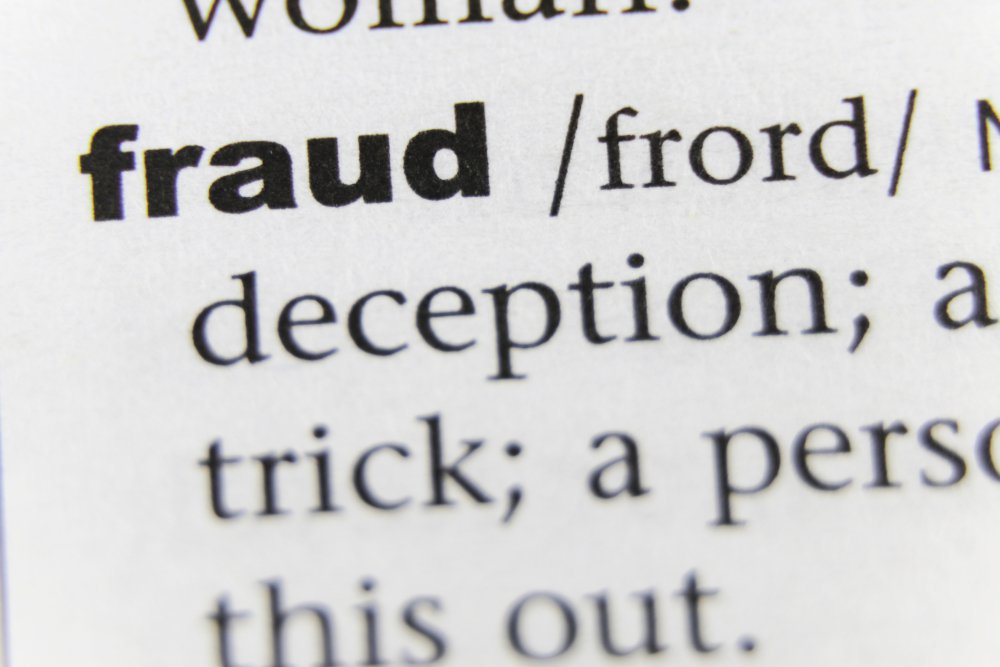The 2024 Atlantic hurricane season came in with a bang, and there’s still a long way to go. Hurricane Beryl, the season’s first hurricane and the earliest Atlantic category 5 storm on record, may cost U.S. insurers $2.7 billion, according to catastrophe modeling company Karen Clark & Co. Extending to November 30, the Atlantic hurricane season is predicted to be more active than average this year. Sadly, in order to limit their exposure, insurance companies include sophisticated exclusionary language in their policies and make the claims process unnecessarily cumbersome for policyholders to navigate. To help ensure you receive the payout you are entitled to under the terms of your policy, you must cross all your I’s and dot all your T’s when submitting your claim.
Property Insurance
Commercial property and homeowners’ insurance policies reimburse policyholders for damage to the property’s structure and/or contents, that is caused by covered perils. Typically, a property policy will cover wind damage caused by hurricanes and other storms, but not flood or storm surge-related damage. Wind-driven rain is typically covered, but some policies exclude it.
Business and home owners may be surprised to discover that their property policy has a high deductible for hurricanes or windstorms. In 2024, 19 states, mostly along the East and Gulf Coasts, and Washington, D.C., have some form of hurricane or windstorm deductible, which typically range from 1% to 5% of the property’s total value but may be higher. For instance, if your property is valued at $1 million and you have a 5% deductible, you would be responsible for the first $50,000 in losses. What triggers the hurricane deductible varies by state and insurer; for instance, the deductible may take effect when the National Weather Service names a storm or when the storm becomes a category 1 or category 2 hurricane. Triggers typically remain in effect for a defined amount of time.
Flood Insurance
Depending on where your business is located, you may have a separate flood insurance policy. Flood insurance is available through the National Flood Insurance Program (NFIP) to businesses and residents in any of the nearly 23,000 NFIP participating communities. The program is managed by FEMA and delivered directly either from NFIP or through more than 50 private insurance companies. Flood insurance safeguards your building and/or contents from damage directly caused by flooding, but not from wind-driven rain.
Business Interruption Insurance
As a business owner, you may have business interruption coverage bundled with your commercial property or business owner’s policy. Coverage is triggered when your business property sustains direct physical damage from a covered peril and this damage requires the temporary suspension of your business operations. Typically, the policy will cover lost profits and expenses that your business must incur in order to continue operating for a set amount of time following the covered event.
Submitting a Claim
If you sustain damage as a result of a storm, carefully review your policy to determine your coverage and your obligations under the policy. Insurance policies typically have short deadlines following an event for providing notice and additional information. If you miss a deadline, your insurer may use it as an excuse to deny or limit your claim.
Insurers use additional methods to limit their liability. They may claim your property had pre-existing damage or that the damage was caused or partly caused by water, which is not covered, rather than wind or wind-driven rain, which are typically covered. Insurers also commonly dispute the cost to repair or replace damaged property. Additionally, they routinely use delay tactics to slow down payouts.
To help ensure your claim will not be denied or delayed, be sure to fulfill all of your responsibilities and meet all the deadlines under your policy. Immediately contact your insurer(s) to provide notice of your claim and submit your sworn “proof of loss” statement, which details your losses, before the stated deadline.
When insurers disagree with the amount in a proof of loss statement, they are generally permitted to delay coverage until the amount of loss is agreed upon, appraised or adjusted. Insurers purposely delay claims by requiring business owners to jump through hoops to submit documentation to prove their ownership of the property and/or the value of their losses. Early in the process, make a list of all items damaged or destroyed and their value, while taking as many photos and gathering as much evidence as possible to support your claims. Also, document and retain receipts for all expenses you incur as a result of your losses for submission to the insurance company.
Maintain a record of the names and phone numbers of everyone you speak to. Retain copies of all documents and photos you submit to the insurance company, and keep a record of all communications you receive from the insurance company.
If you have questions about hurricane coverage or are involved in a dispute with your insurance company, contact Schwartz Conroy & Hack. We have the expertise, experience and tenacity to make sure insurance companies keep their promises to you and your business.

